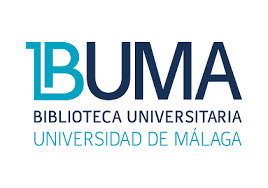GERMINACIÓN DE SEMILLAS DE CONOCARPUS ERECTUS VAR. SERICEUS E. FORST. EX DC. EN CONDICIONES DE LABORATORIO
Abstract
The biology and ecology of Conocarpus
erectus var. sericeus are poorly known,
leading to its undervaluation as a member of
the mangrove ecosystem. It was important
to investigate seed germination in order to
advance knowledge of this species. This study was carried out in two phases. The field
phase consisted of identifying trees with
seeds and collecting infructescences. The
laboratory phase was directed at cleaning
and assaying the seeds to get sample weight,
purity, and germination results with different
treatments. The germination test lasted five
weeks and used 2 500 pure seeds that were
divided into groups of 500 seeds for each
of the five treatments utilized. After setting
aside the control group, tests were performed
using physical and chemical abrasion with
HCl on two replicates to break exogenous
latency, and imposing H2O2 and refrigeration
on the other two replicates to break endogenous latency. The experimental design was
applied in randomized complete blocks,
because the source of variation for the number of seeds germinated per week was considered important for the practical goals of
the study. Repeated Measures ANOVA was
used, because variation in seed number was
considered important. The sample weighed
23.22 g and was 78% pure. The ANDEVA
test established that there was no significant
difference between the treatments, but that
there was a significant difference among the
number of germinated seeds per week, the
second week being the different one. Also,
the time X treatment interaction effect with
H2O2 was significant in week one, as was the
refrigeration effect in week two.
Downloads
Published
Issue
Section
License

Polibotánica by Departamento de Botánica de la Escuela Nacional de Ciencias Biológicas del Instituto Politécnico Nacional se distribuye bajo una Licencia Creative Commons Atribución-NoComercial-CompartirIgual 4.0 Internacional.




















